Purchasing a newly built home is an exciting milestone, but many homebuyers assume that because everything is brand new, an inspection isn’t necessary. Unlike older homes, which may have years of wear and hidden issues, new construction should, in theory, be flawless. However, this is not always the case. Let’s go over is home inspection on new construction worth it.
A home inspection on new construction provides an unbiased assessment of the home’s structural integrity, systems, and overall build quality. While municipal inspections focus on basic code compliance, a private inspection goes deeper, identifying potential defects before they become long-term problems. Understanding the benefits of a new construction inspection can help buyers make informed decisions and avoid costly repairs in the future.
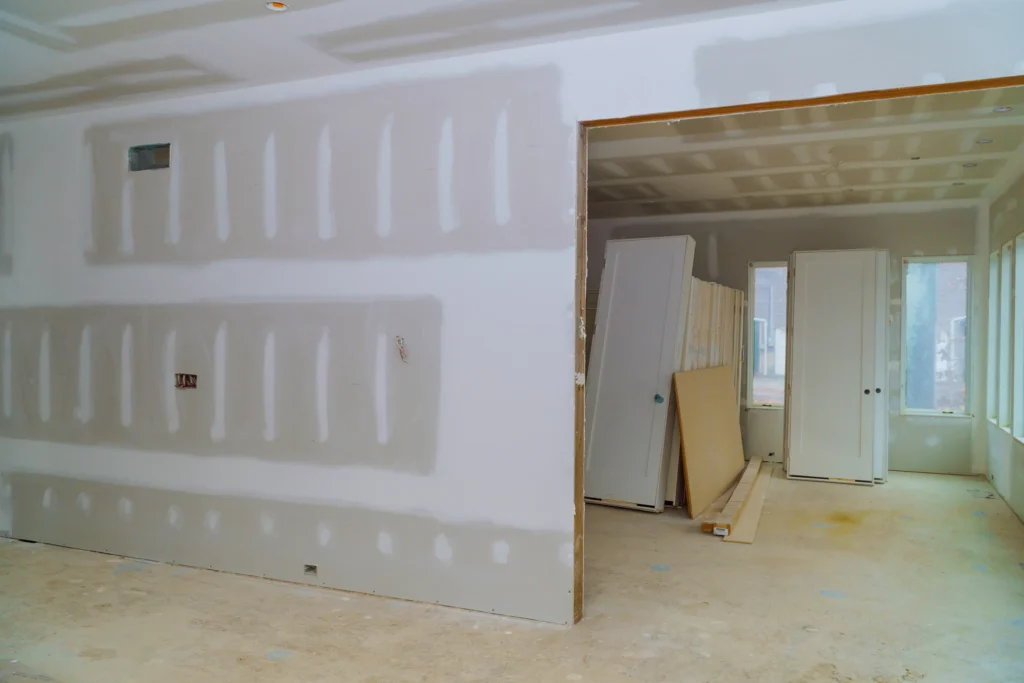
Understanding the Role of a Home Inspection on New Construction
A new construction inspection is a professional evaluation conducted before closing on a newly built home. The purpose is to ensure that the home meets high-quality building standards, functions properly, and is free of major defects. This type of inspection is different from a standard resale home inspection because it focuses on identifying construction mistakes rather than aging-related issues.
Builders are responsible for overseeing multiple aspects of a home’s construction, but in fast-paced development projects, errors can occur. Inspectors examine everything from structural elements to electrical and plumbing systems, ensuring that the home is safe and built to last.
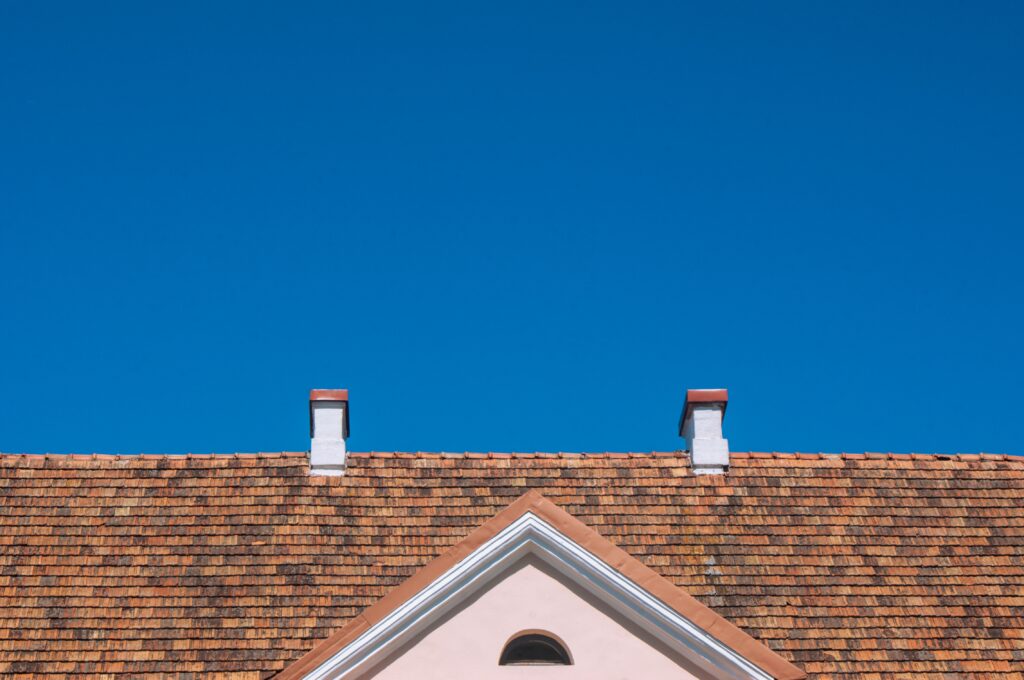
Why a New Construction Home Still Needs an Inspection
Even though a home is newly built, there are several reasons why a third-party home inspection is essential before moving in.
New Homes Can Have Hidden Defects
While new homes don’t have problems associated with aging, they can have structural or mechanical defects due to rushed construction, improper installations, or overlooked details. These issues may not be immediately noticeable but can cause significant problems in the future.
Common issues found in new construction inspections include:
- Incorrectly installed roofing or flashing that leads to leaks.
- Improperly installed HVAC systems that cause heating and cooling inefficiencies.
- Plumbing leaks or incorrect pipe connections that result in water damage.
- Poorly secured drywall that can crack or buckle over time.
- Foundation cracks that may indicate settling issues.
If these problems are caught early, they can be corrected by the builder before the home is completed, saving homeowners from expensive repairs later.
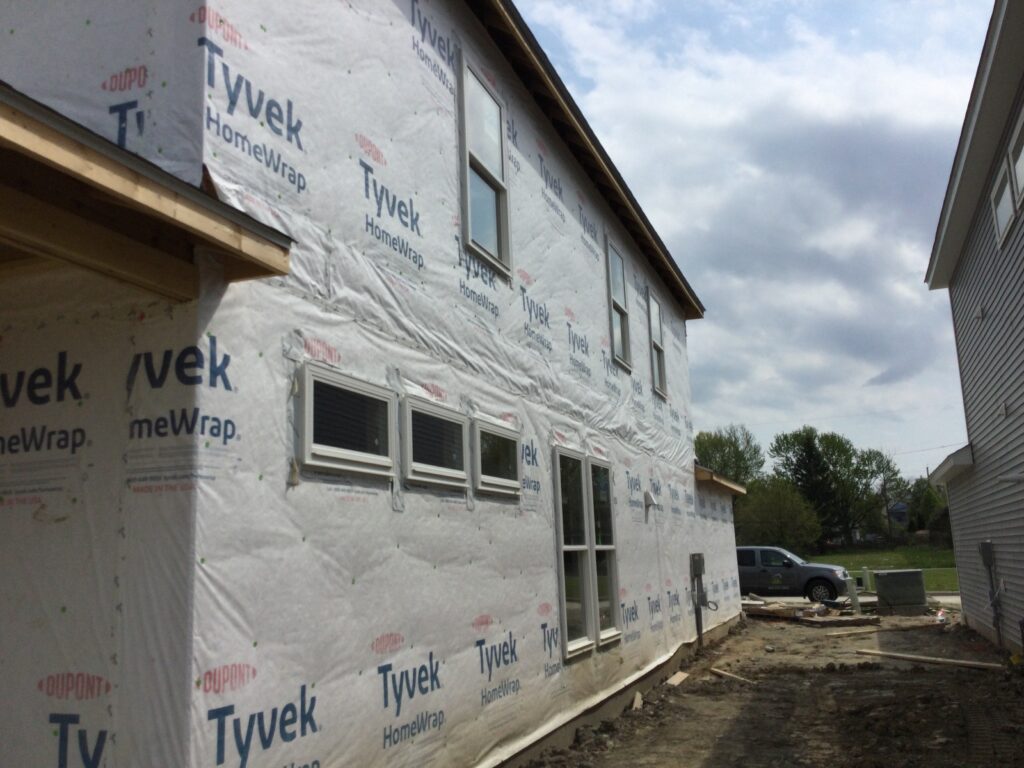
Building Code Compliance Doesn’t Guarantee Quality
Municipal inspections are required for all new construction, but they only ensure that a home meets minimum code requirements. These inspections focus on safety regulations rather than construction quality. A home that passes a city inspection may still have underlying problems that an independent inspector can identify.
Private inspectors provide a more detailed evaluation of structural integrity, workmanship, and system functionality—aspects that go beyond basic code compliance. Builders may cut corners or use lower-quality materials to save time and money, and these issues are often uncovered during an independent inspection.
The Opportunity to Fix Problems Before Moving In
One of the biggest advantages of a new construction inspection is that it allows buyers to identify and address issues before closing. Once a homeowner takes possession of the property, responsibility for repairs often shifts from the builder to the homeowner.
Most builders offer a one-year warranty covering defects in workmanship or materials. However, if a buyer moves in without an inspection, small problems may go unnoticed until they become bigger issues. Having a professional inspector review the home before closing gives buyers a chance to request necessary repairs upfront.
Peace of Mind for Homebuyers
A new home is a significant investment, and a professional inspection provides peace of mind by ensuring that the home is safe, well-built, and ready for occupancy. Even if the inspection does not reveal major issues, it reassures the buyer that the home is in excellent condition.
For buyers who plan to live in the home long-term, knowing that the foundation, electrical, plumbing, and HVAC systems were properly installed offers confidence in the home’s longevity.
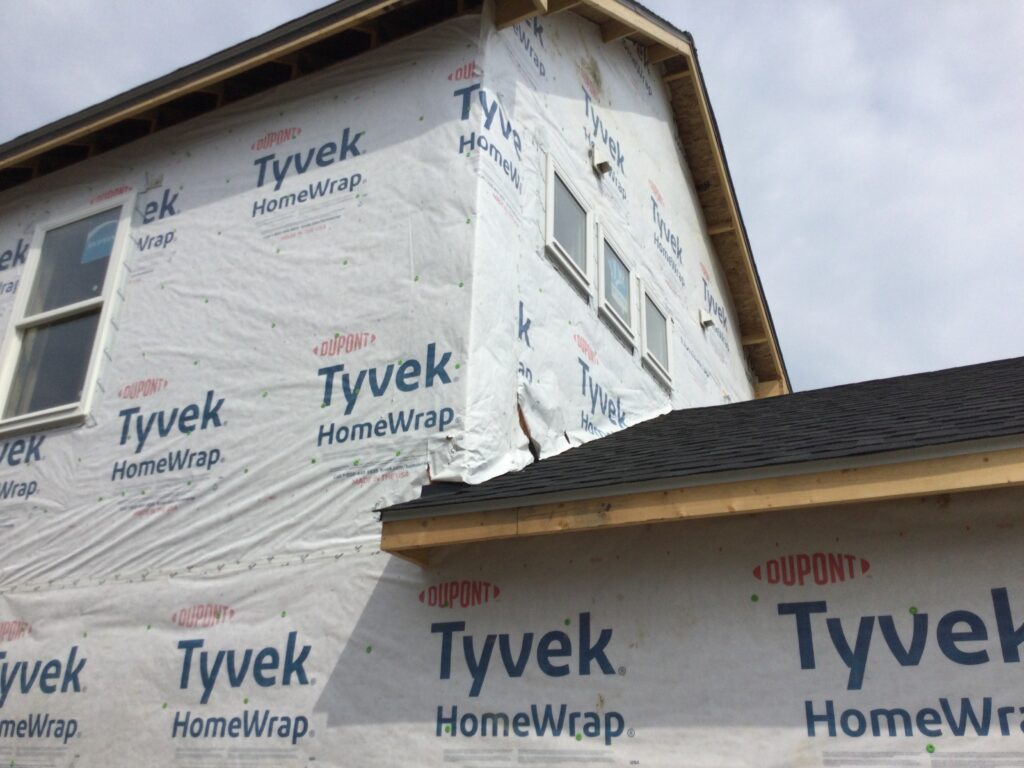
What a New Construction Home Inspection Covers
A comprehensive new construction inspection evaluates all major aspects of the home. The inspector assesses both visible and functional components, ensuring that each system works as intended.
Key areas that are inspected include:
Structural Integrity
- The foundation is checked for cracks, uneven settling, or moisture penetration.
- Framing is inspected for proper alignment and secure connections.
- Roofing materials are evaluated for correct installation and potential vulnerabilities.
Plumbing System
- Pipes are inspected for leaks, proper water pressure, and secure connections.
- Water heaters and fixtures are checked for correct installation.
- Drainage systems are tested to ensure proper flow.
Electrical System
- Outlets, switches, and panels are tested for functionality and safety.
- Wiring is checked for proper grounding and secure connections.
- GFCI outlets are confirmed in appropriate locations such as kitchens and bathrooms.
HVAC System
- Heating and cooling systems are tested for efficiency and even distribution.
- Air ducts are inspected for blockages or leaks.
- Thermostats are checked for proper operation.
Interior and Exterior Finishes
- Doors and windows are tested for proper sealing and smooth operation.
- Drywall is checked for cracks, uneven seams, or improper installation.
- Exterior siding, trim, and paint are examined for durability and weather resistance.
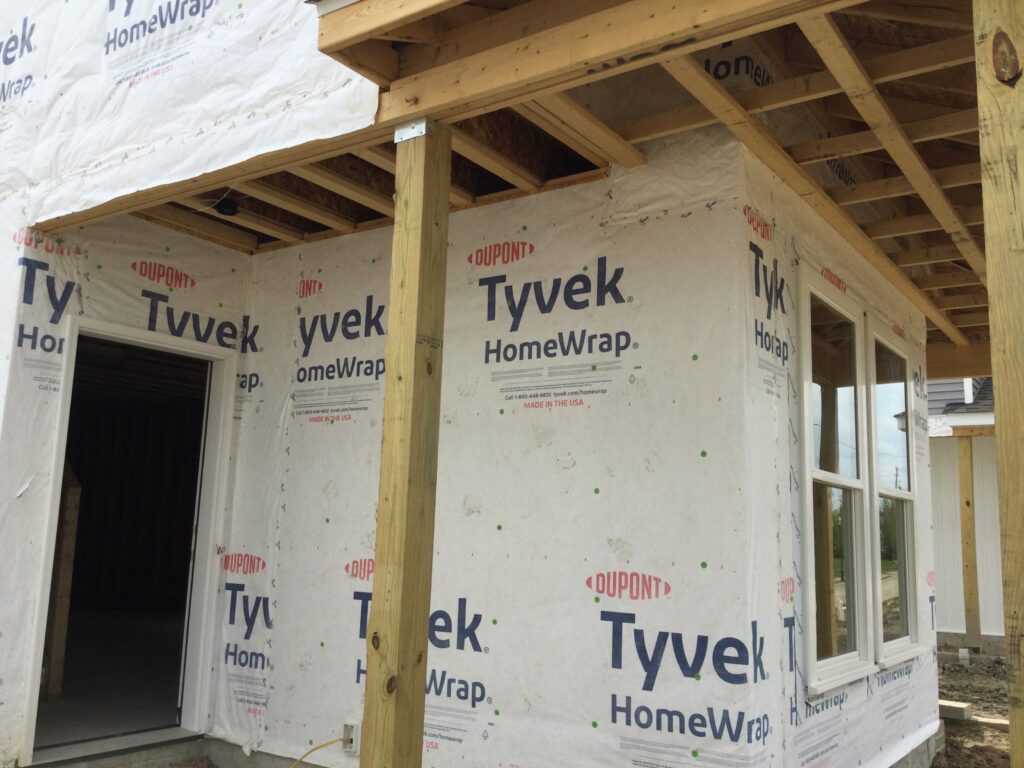
When to Schedule a New Construction Inspection
A new construction home inspection is most effective when performed at key stages of the building process. Some buyers choose to have multiple inspections throughout construction, while others opt for a single inspection before closing.
Pre-Drywall Inspection
This inspection occurs before drywall is installed, allowing inspectors to evaluate framing, plumbing, electrical wiring, and HVAC ductwork. Issues identified at this stage can be corrected before they are concealed behind walls.
Post-Drywall, Pre-Closing Inspection
Once drywall is installed and the home is near completion, an inspection ensures that fixtures, systems, and finishes are properly installed. This is the last opportunity to request builder repairs before finalizing the purchase.
11-Month Warranty Inspection
Many builders offer a one-year warranty covering workmanship defects. Scheduling an inspection around 11 months after move-in allows homeowners to identify issues while they are still covered under the builder’s warranty.
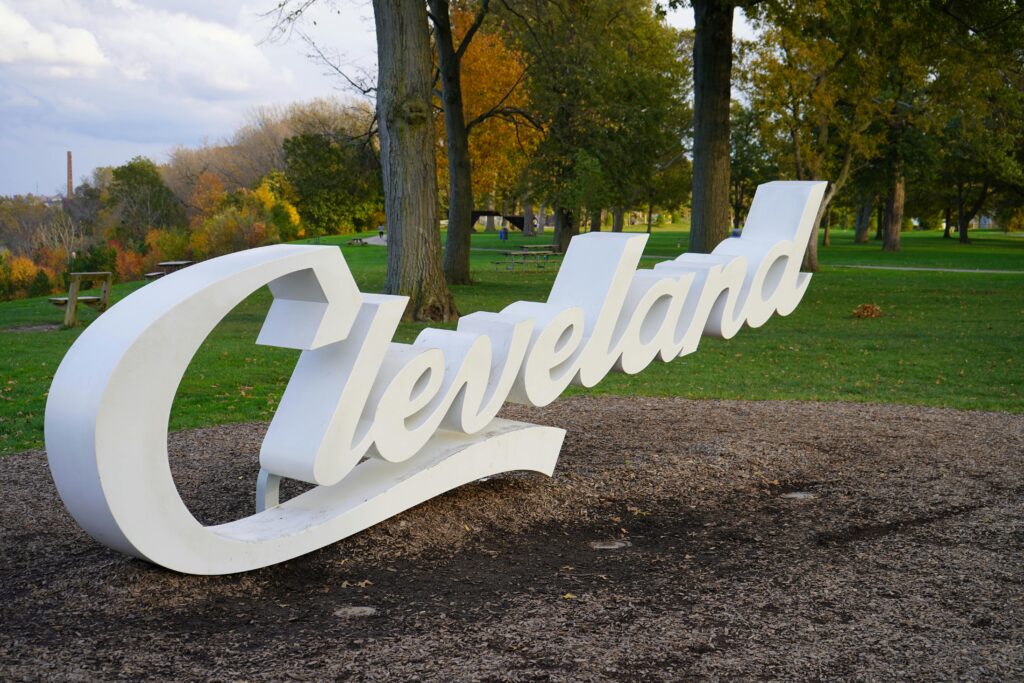
Conclusion
A home inspection on new construction is absolutely worth it, as it provides an extra layer of assurance that the home is built to high-quality standards. While municipal inspections check for code compliance, an independent inspection goes deeper, identifying issues that could affect long-term durability and functionality.
For homebuyers investing in new construction, Icon Home Inspectors provides professional evaluations to ensure the home meets expectations before closing. Scheduling a thorough inspection offers peace of mind, helps address potential defects, and protects homeowners from unexpected repair costs in the future.